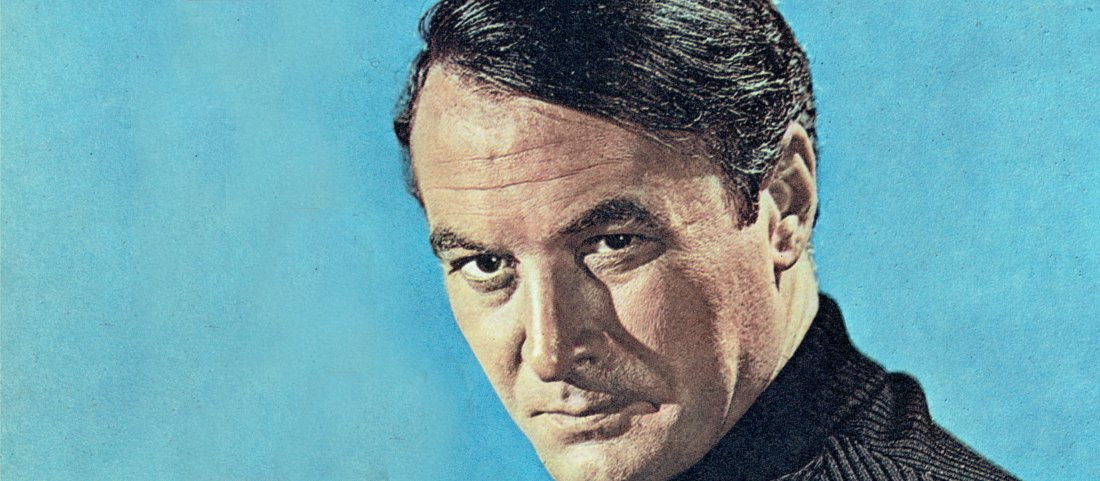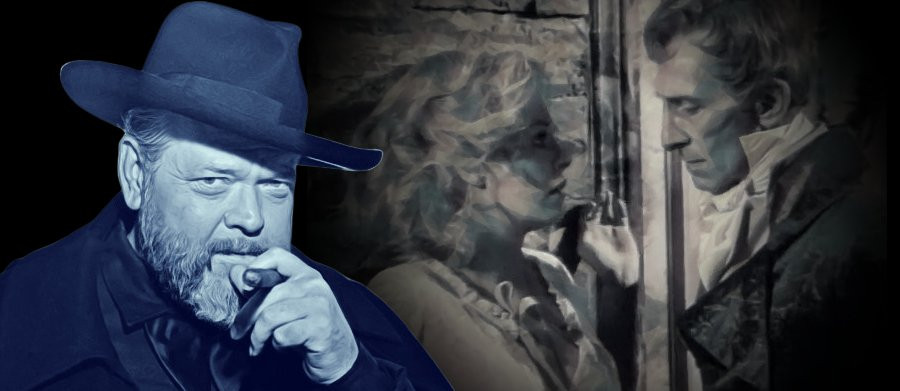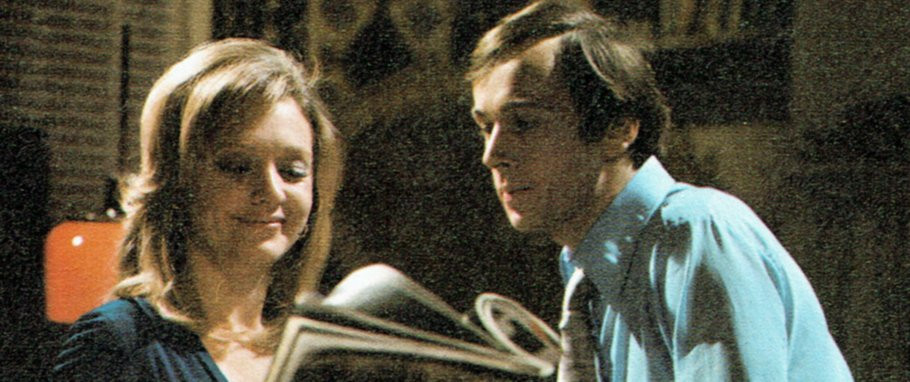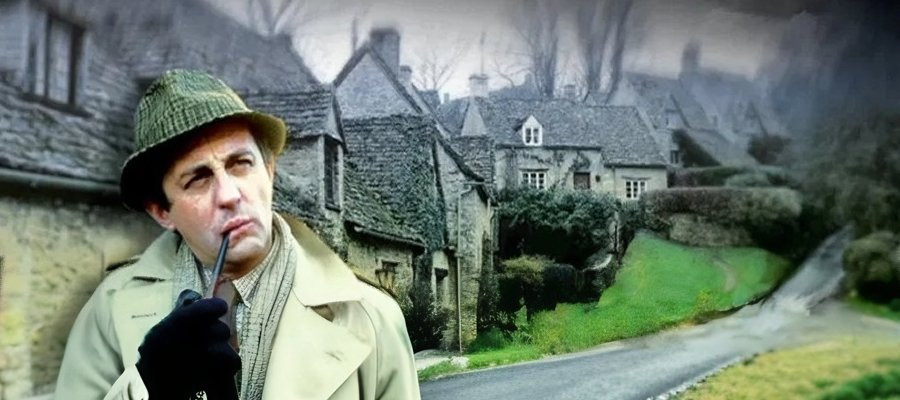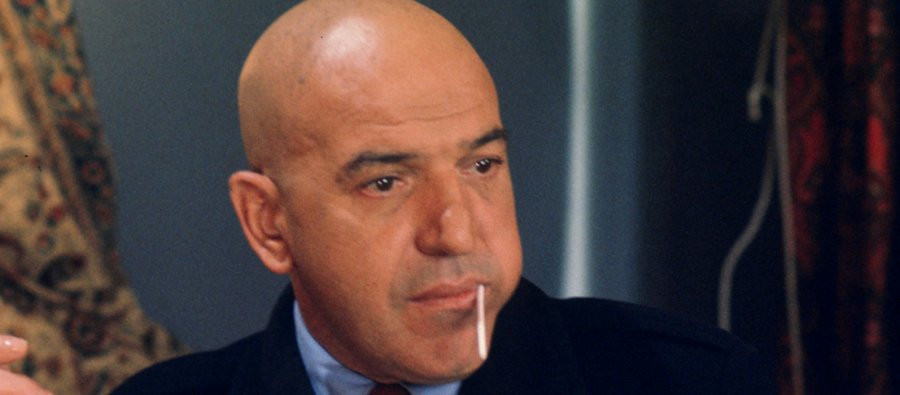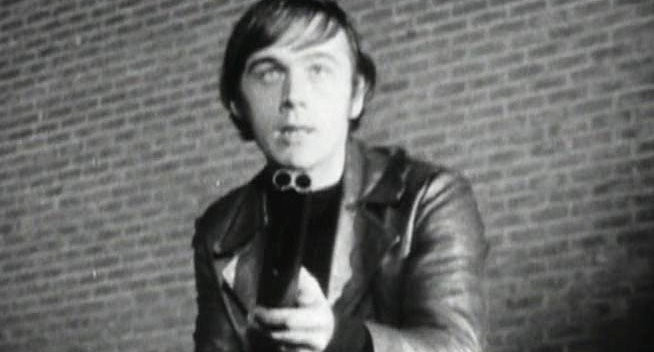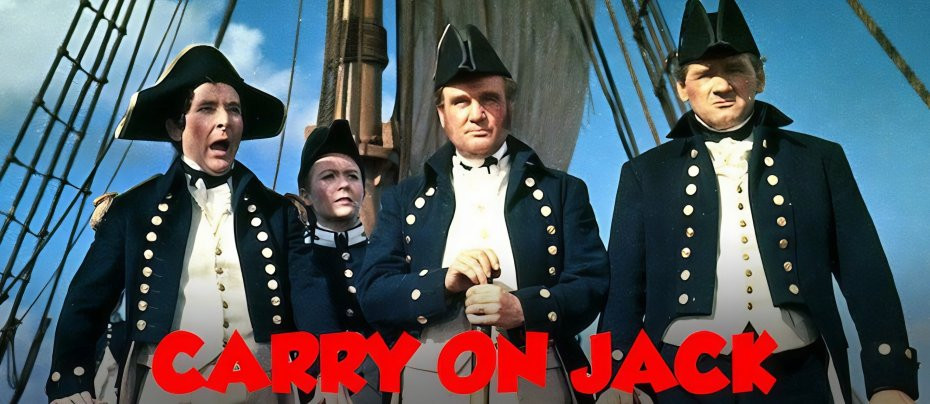
Zodiac
1974 - United KingdomReview - Frank Collins
Although it only ran briefly for six episodes, Roger Marshall's Zodiac clearly paved the way for dramas of the same ilk such as the BBC's Moon And Son, Virtual Murder and NBC's Medium. It's a nice little idea to team up an astrologer with a detective and the casting of Anton Rodgers and Anouska Hempel really works in the series favour. It was never going to win any BAFTAs but as it is, it's an entertaining show made at a time when the occult, detective and private eye genres dominated British television. It's also probably one of the last of a dying breed as a year after its transmission The Sweeney debuted and along with Special Branch and Public Eye took a much less glamorous, escapist view of crime fighting that suited the times.
It is also comes as no coincidence that Roger Marshall created the series whilst mentioning those Euston Films dramas. Marshall, who wrote three of the six episodes, has an impressive television writing CV stretching back to the late 1950s. He's contributed to many of the best loved British shows including Emergency-Ward 10, No Hiding Place, The Avengers, Special Branch, The Sweeney, Public Eye, The Gentle Touch, The Professionals, also creating and writing the fondly remembered Travelling Man.
It's also interesting to locate Zodiac within the revival of the occult through popular culture in the 1970s. Here 'occult' generally encompassed the growing counter-cultural interest in alternative faiths and religions as orthodox beliefs struggled to survive the secularism that dominated the 1960s. Everything Atlantean and Crowleyan was popular and was reflected in books, films, music, comics and television of the time. As Hammer, in its dying days, moved into exploitation as a reflection of the tastes of a so called permissive society, and other British films such as The Wicker Man and Blood On Satan's Claw paved the way, children's television gave us The Owl Service, Ace Of Wands, Sky, Children Of The Stones and adult dramas such as The Omega Factor, Out Of The Unknown, The Stone Tape and a whole raft of occult detectives from The Champions to The Night Stalker.
The 1970s obsession with witches, demons, vampires and werewolves and all manner of unnatural forces filtered into all forms of culture. Zodiac not only references this aspect of the cultural zeitgeist but it also embraces the need for glamour that was such a key aspiration in the 1970s. As Britain crumbled under industrial disputes and power cuts and the economy spun out of control, the public seriously craved escapism and found it in the television and films of the early 1970s and in the music and fashion of the period. A key figure like Bowie, for example, borrowed all the science fiction and occult trappings that dominated the opening of the decade and filtered them into his music and appearance. Glam became a way of denying the dire political and social disruptions of the period.
Zodiac, transmitted in 1974, therefore has its New Age credentials worn on its sleeve in the character of astrologer Esther Jones, as played by the then rising starlet Anouska Hempel (and now a highly respected, world renowned designer) and she's accompanied by the sceptical and pragmatic policeman David Gradley played with silky charm by celebrated British character actor Anton Rodgers. In a very 'will they-won't they' unresolved sexual tension akin the The Avengers, the pair work together to solve crimes. The chemistry between Rodgers and Hempel slowly develops through the first two episodes and much of the astrological leaps of logic and contrivancies take place in Esther's tastefully decorated (for the 1970s anyway) pied a terre apartment. Her gorgeous little pad in London and the various restaurants and flats are visual symbols of the then desire to live in world of fantasy away from the harsh realities of a Britain struggling with the downside of the 1960s.
Ironically, in the first two episodes The Death Of A Crab and The Cool Aquarian, Esther and Gradley (whom she starts to call Grad from the second episode onwards), are solving crimes committed in the world of high stakes business and finance. The first story is concerned with the blackmailing of a top businessman who has an office-cum-apartment full of gadgetry (spot the various bits of decor from numerous other television productions' depictions of cutting edge design of the 1970s, including many of the Century 21 and Doctor Who productions of the early 1970s) and the second is about a partner's attempt to get one up on a deal over his boss by kidnapping a young girl and demanding a ransom from him. Aquarian also features a very young Michael Gambon and the ever reliable George Baker. However, the acting honours are completely stolen by a very moving performance from Betty Alberge (Florrie Lindley from Coronation Street for those of you whose minds can recall that far back) as the kidnapped girl's mother. Look out too for Trevor Baxter as Esther's temporary butler Neville and the rather amusing scene with him and Grad polishing off the silver and a fine bottle of brandy.
Marshall's script for the third episode, The Strength Of Gemini is a rather deliciously sordid affair as Esther and Grad track down a womanising con-man, Paul Deering. Deering is brilliantly played by dependable sit-com and drama star Norman Eshley, all frilly shirts and champagne as he cons unsuspecting ladies using Esther's newspaper astrology column. It's camp, rather unintentionally hilarious but vastly entertaining. As the series progresses the episodes get better and the chemistry between Rodgers and Hempel is rather good. In Saturn's Rewards national treasure Peter Vaughan is wonderful as the uptight MP who witnesses a murder but refuses to be counted as a witness as the woman he was with at the time wasn't his wife. A suave Ian Ogilvy is equally splendid as the murderous pimp.
The final pair of episodes are a mixed affair. Sting, Sting Scorpio benefits from giving Esther the lion's share of the episode despite Hempel's cold clearly taking its toll on her voice, its Brighton setting (including an outrageous performance from Frank Gatliff as the token Brighton homosexual) and a suitably intense performance from Robert Powell as Brian, the Brighton Hotel Robber. The Horns Of The Moon alas is the weakest episode and it's attempt at board room farce is rather grating and lacks much of the charm of the previous five installments.
Direction is competently provided by stalwarts such as Don Leaver, Ray Menmuir and Piers Haggard, production values are pretty good (the restaurant set in The Strength Of Gemini is an art deco Glam era gem) but you'll have to try and get past a standard production bugbear of television from this period with the horribly overlit interiors and studio based exteriors. If you're into library music from licensees such as KPM then you'll have fun listening to some of the incidental music. It may be undemanding, frothy entertainment but there is much to enjoy in the witty scripts (but try not to laugh too hard at the innocent use of the word Uranus) and good characters played by a rogue's gallery of British character actors.
CATHODE RAY TUBE
Fank Collins' ever excellent Cathode Ray Tube has been described as "the quintessence of British Pop culture blogs."
Seen this show? How do you rate it?
Seen this show? How do you rate it?
Published on February 13th, 2019. Written by Frank Collins for Television Heaven.


